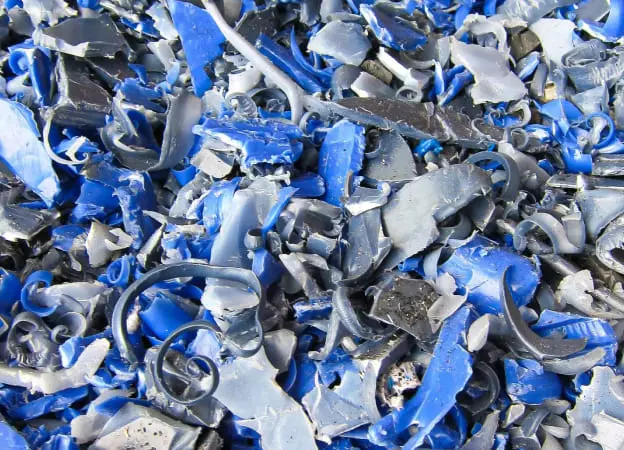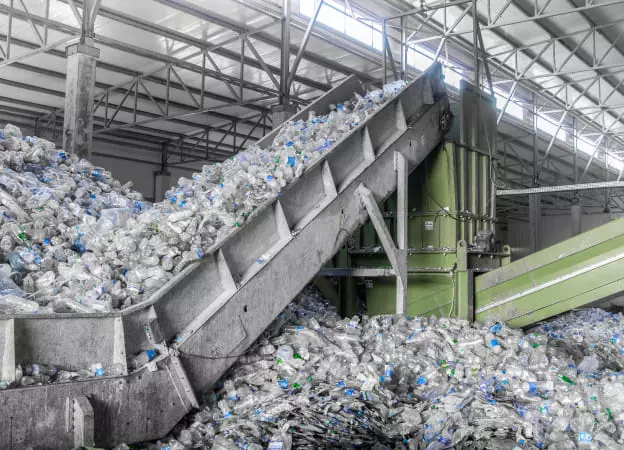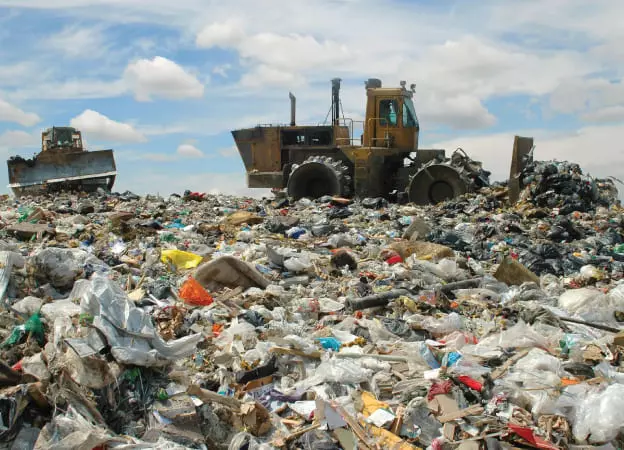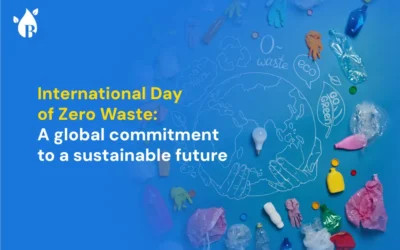Buy or Sell Refuse Derived Fuel
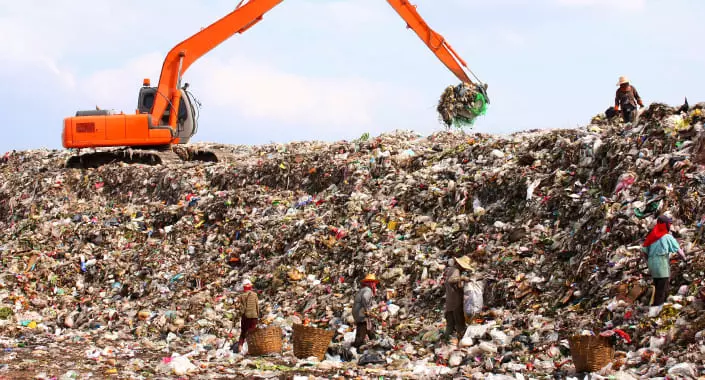
Advantages of RDF
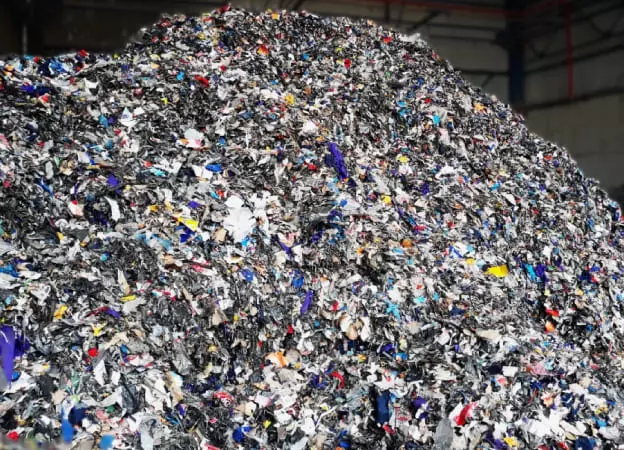

Applications
Cement industry: RDF is commonly used as a substitute for coal in cement kilns. This reduces the carbon footprint of cement production and helps to promote sustainable development.
Power generation: RDF can be used as a fuel source for power generation in boilers and turbines. This helps to reduce reliance on fossil fuels and promotes sustainable development.
Other industries: RDF can be used as a fuel source in various other industries such as pulp and paper, chemicals, and ceramics.

Other Products
You might also like…
How to Turn Waste into Wealth Through Kitchen Waste Management in India
In a country as vast and diverse as India, managing kitchen waste is a critical challenge, but it’s also a significant opportunity. Kitchen waste...
What do we do to tackle India’s surging waste problem?
India’s waste management challenge is growing by the day. With over 277 million tons of waste produced annually, the country is grappling with...
International Day of Zero Waste: A Global Commitment to a Sustainable Future
Every year, humanity generates an immense amount of waste, ranging between 2.1 billion and 2.3 billion tonnes of municipal solid waste. Shockingly,...
Frequently Asked Questions
What are the benefits of RDF?
Who uses RDF?
What is the process for manufacturing RDF?
The process of manufacturing RDF involves collecting municipal solid waste, sorting it to remove recyclables and organics, shredding the remaining waste, drying it to reduce moisture, and then baling or pelletizing the material to produce RDF.
What types of waste can be used to produce RDF?
RDF can be produced from non-recyclable plastics, textiles, contaminated paper, cardboard, and composite packaging materials.
Are there any emissions concerns with using RDF?
While RDF can reduce overall emissions compared to traditional fossil fuels, managing emissions is crucial. Proper technology and filters are needed to control air pollution, and facilities must comply with environmental regulations to ensure emissions are within safe limits.
What are the benefits of RDF?
Refuse Derived Fuel (RDF) offers several benefits. It reduces the volume of municipal solid waste by converting non-recyclable waste into fuel, generates electricity and heat as a sustainable alternative to fossil fuels, creates economic opportunities in the waste management sector, and helps protect the environment by reducing landfill waste and greenhouse gas emissions
What is the process for manufacturing RDF?
The process of manufacturing RDF involves collecting municipal solid waste, sorting it to remove recyclables and organics, shredding the remaining waste, drying it to reduce moisture, and then baling or pelletizing the material to produce RDF.
Are there any emissions concerns with using RDF?
While RDF can reduce overall emissions compared to traditional fossil fuels, managing emissions is crucial. Proper technology and filters are needed to control air pollution, and facilities must comply with environmental regulations to ensure emissions are within safe limits.
Who uses RDF?
RDF is used by cement kilns, power plants, and industrial boilers. In India, the cement industry extensively uses RDF as an alternative fuel, and thermal power plants utilize it to generate electricity.
What types of waste can be used to produce RDF?
RDF can be produced from non-recyclable plastics, textiles, contaminated paper, cardboard, and composite packaging materials.

